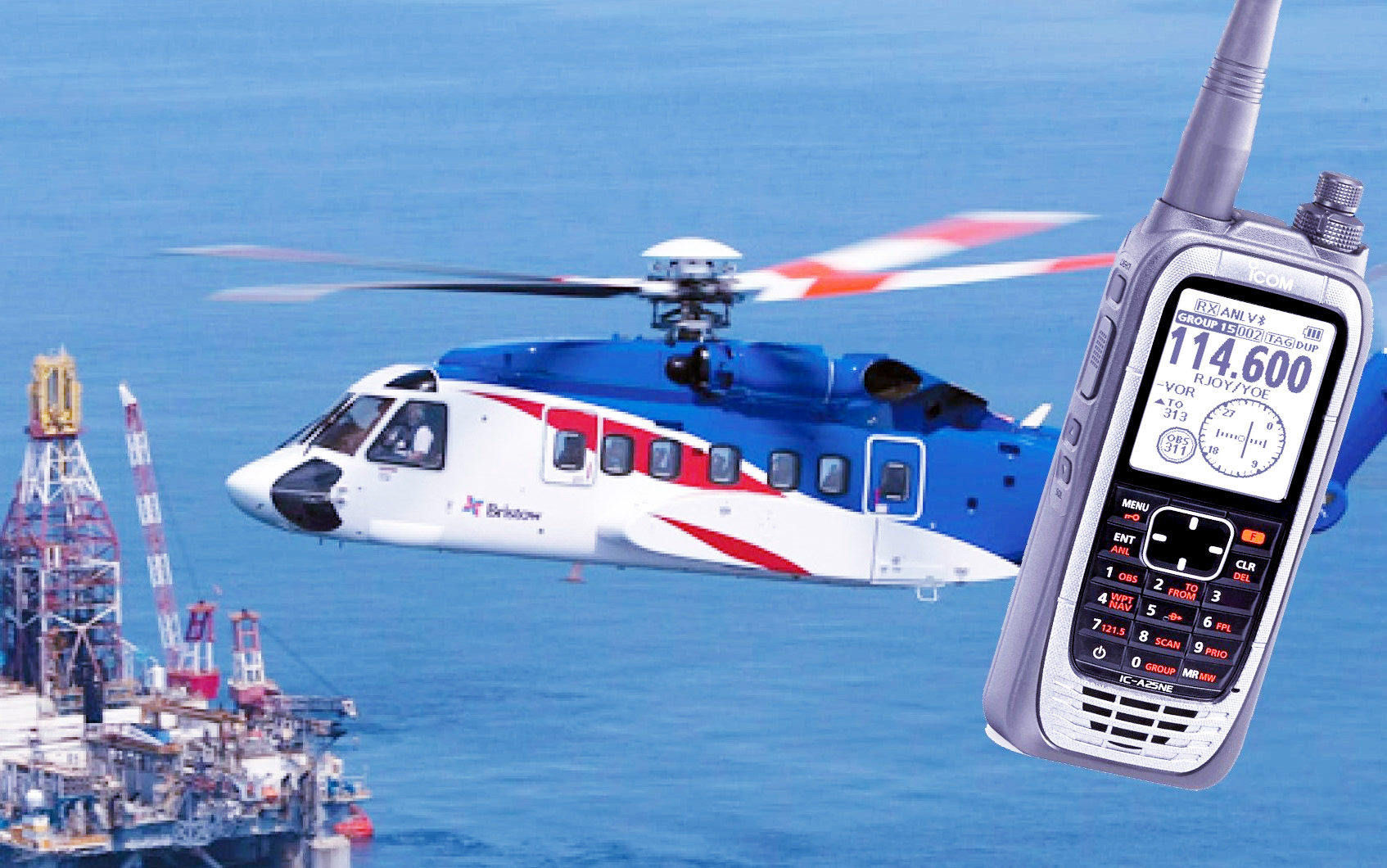DETAILS OF MARITIME / OFFSHORE TRAININGS PROVIDED
OPITO – TBOSIET
Duration: 3 Days
TBOSIET (Tropical Basic Offshore Safety Induction mergency Trai- ning) This course contains practical and theory sections including Safety Induction, Helicopter Safety and Escape, Sea Survival and First Aid, Fire Fighting and Self Rescue.
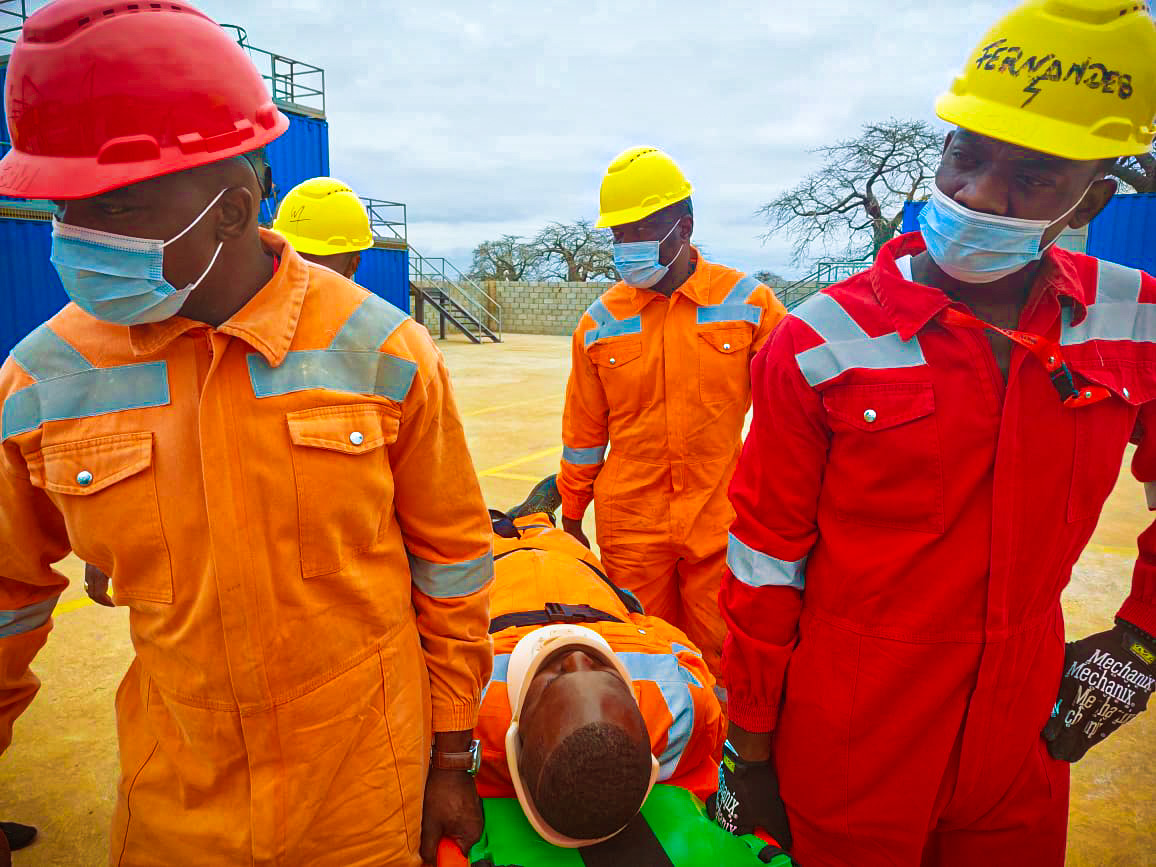
OPITO – THUET
Duration: 1 Day
THUET (Tropical Helicopter Underwater Escape Training) This course contains practical and theory sections regarding safe tra- velling by helicopter for personnel involved in oil and gas indus- tries, who board installation, facilities via helicopter.

HUET – HELICOPTER UNDERWATER EGRESS TRAINING (WITHOUT EBS)
Duration: 1 Day
This training is designed to provide personnel who travel by heli- copter to offshore locations with an understanding of helicopter escape procedures, in particular, step to be taken to evacuate or escape from a ditched/capsized helicopter. This training prepares the attendees for any emergencies that may occur with flights over the water. Delegates are instructed on how to exit the air- craft safely in the unlikely event of a water landing.
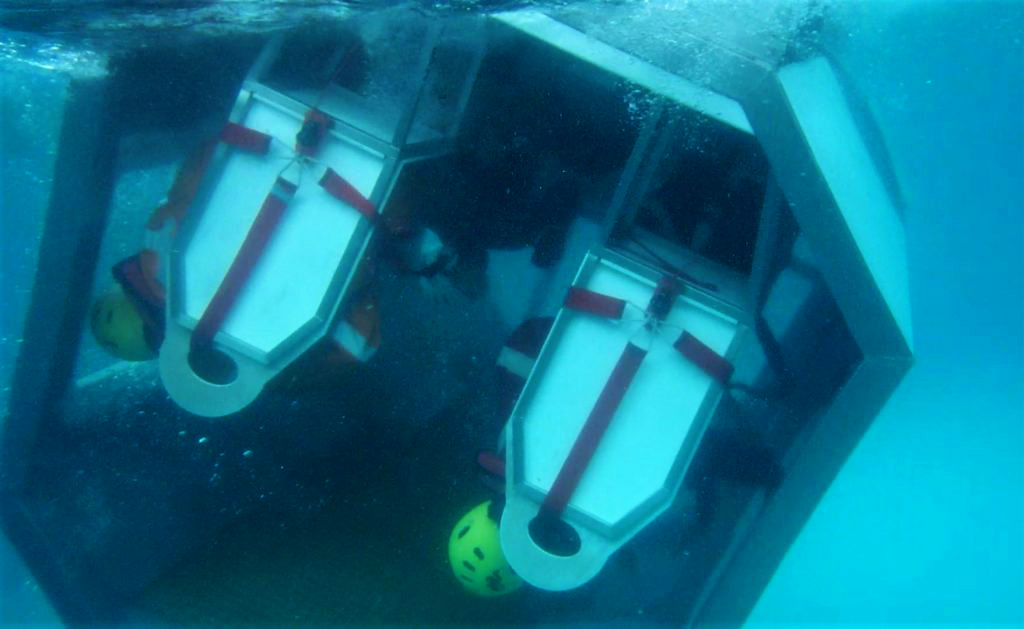
HLO AND HDA- HELICOPTER LANDING OFFICE INITIAL TRAINING (INAVIC)
Duration: 3 Days
The objectives of this course is to equip the delegate with the initial knowledge, understanding and skills required to perform the role of Offshore Helicopter Landing Offi- cer safely and effectively. Besides preparing the crew during heli- copter operations, concerning safety, on the HDA, delegates learn how to proceed and case of fire and chopper crash on helideck. Practicing with the foam canons and different portable fire extin- guishers.

H2S BASIC AWARENESS (SCBA AND SABA PRAC- TICAL EXERCISES)
Duration: 1 Days
The aims and objectives of the training are to ensure that the delegate gains the required knowledge and understanding of the specific hazards and properties of H2S, and appropriate emergen- cy response actions to take should a H2S related incident arise
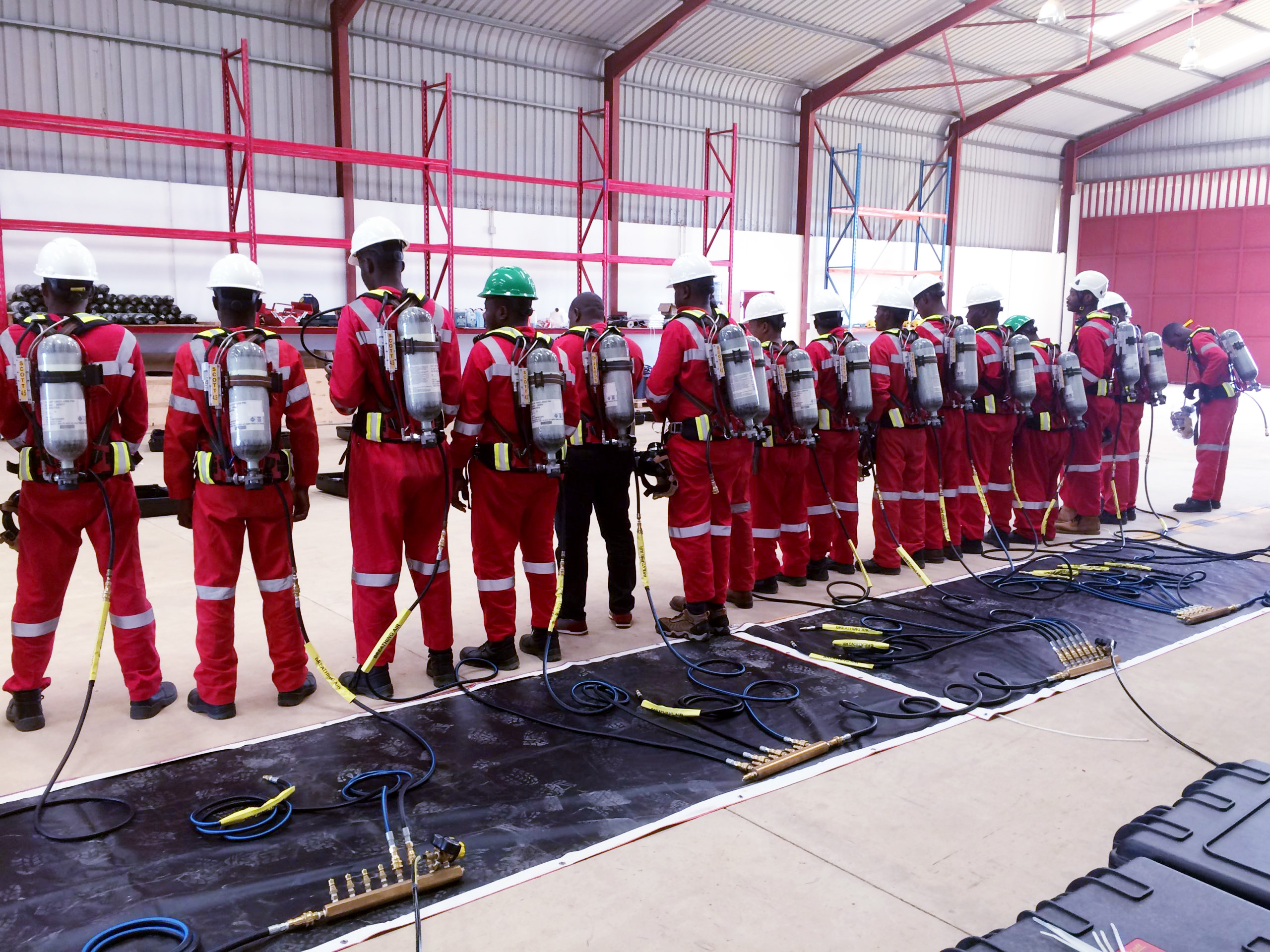
BOAT TRANSFER
Duration: 1 Days
During this course delegates will gain a basic level of understan- ding and an awareness of safety and emergency response asso- ciated with travelling to an offshore installation by boat for the purpose of transfer. Delegates also learn, on water survival techniques, in case there is an acci- dent during the trip from and to the Offshore Installation.
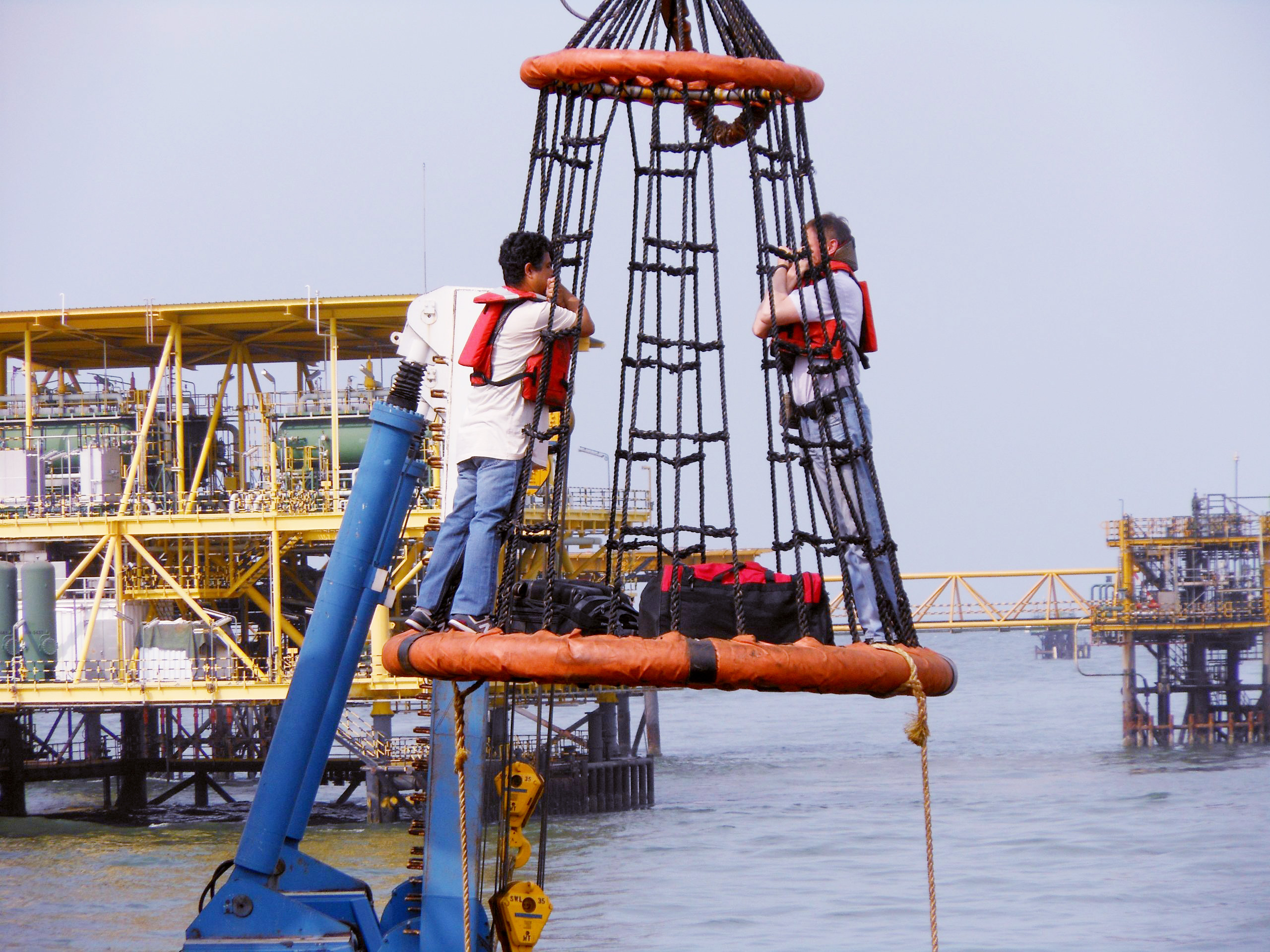
BASIC SAFETY TRAINING
Duration: 3 Days
BST STCW is divided in modules.
- Personal Survival Techniques – Theory And Pool Practice
- First Aid – theory and practice
- Personal Safety Social Responsibilities – theory
- Fire Fighting and Prevention – Theory and Fire Practice
- Security Awareness – theory
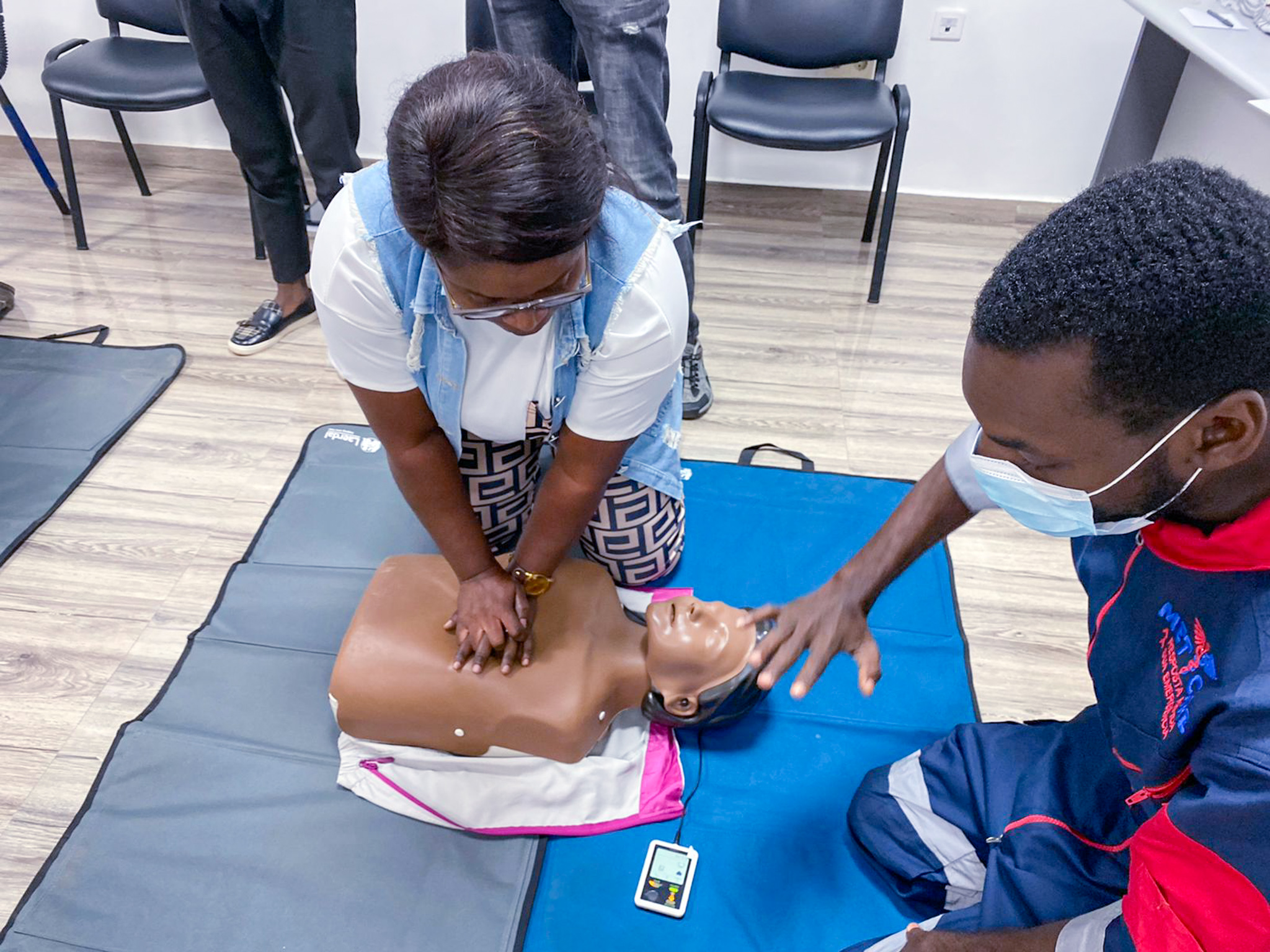
BASIC SAFETY TRAINING
Duration: 3 Days
BST STCW is divided in modules.
- Personal Survival Techniques – Theory And Pool Practice
- First Aid – theory and practice
- Personal Safety Social Responsibilities – theory
- Fire Fighting and Prevention – Theory and Fire Practice
- Security Awareness – theory
.jpg)
OPITO – TFOET
Duration: 1 Days
TFOET (Tropical Further Offshore Emergency Training). The course is aimed at further offshore and emergency response training for the personnel working in the offshore oil and gas industry. FOET contains following theoretical and practical sections: Helicopter Safety and Escape, Fire Fighting and Self Rescue, Emergency First Aid.
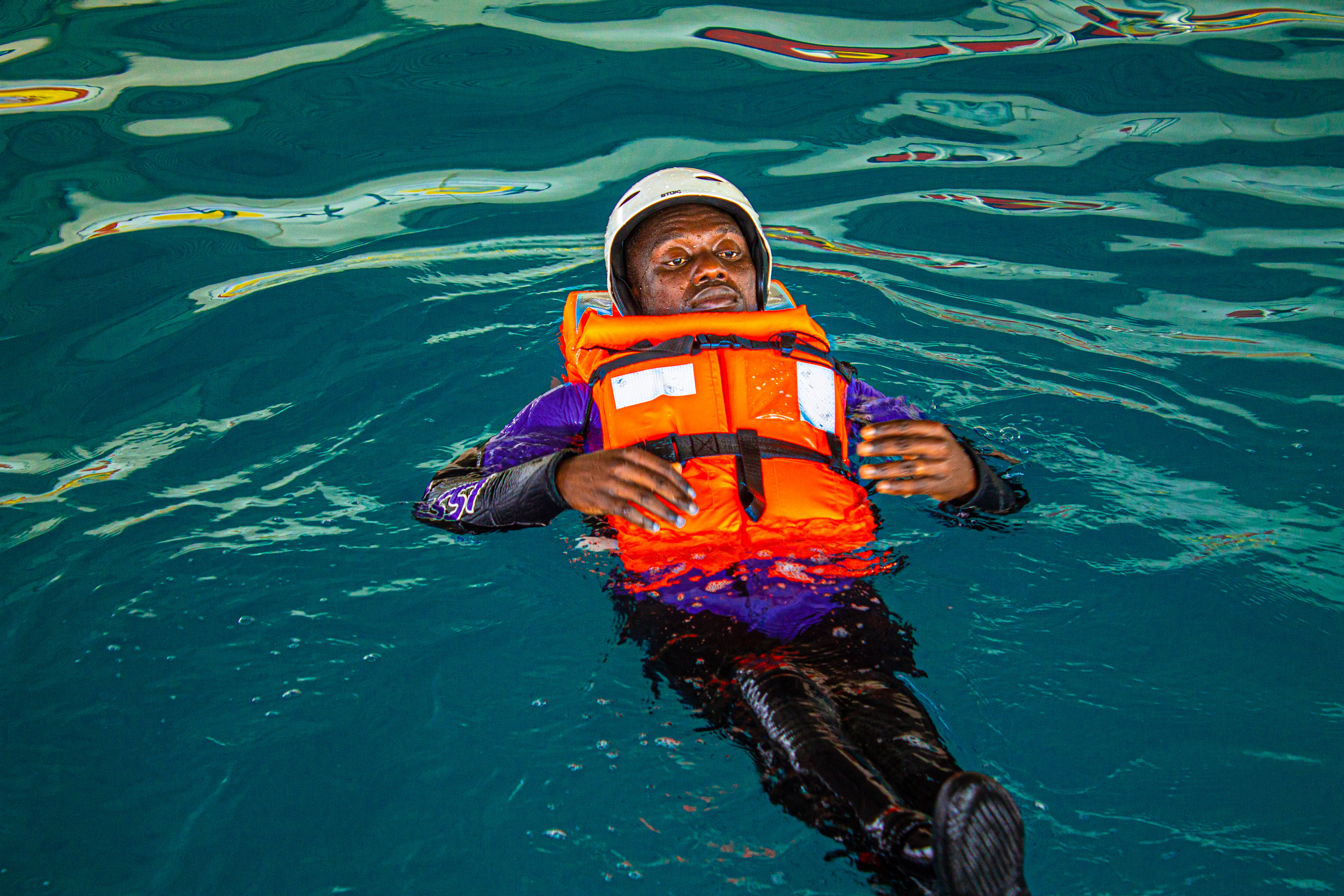
OPITO – IMIST (INTERNATIONAL MINIMUM IN- DUSTRY SAFETY TRAINING)
Duration: 2 Days
The aim of the IMIST program is to introduce delegates to the key safety elements required by all employees working in the oil and gas industry. It also ensures the knowledge and understanding of these basic safety elements are maintained and current amongst the existing workforce. contains following theoretical and practi- cal sections: Helicopter Safety and Escape, Fire Fighting and Self Rescue, Emergency First Aid.
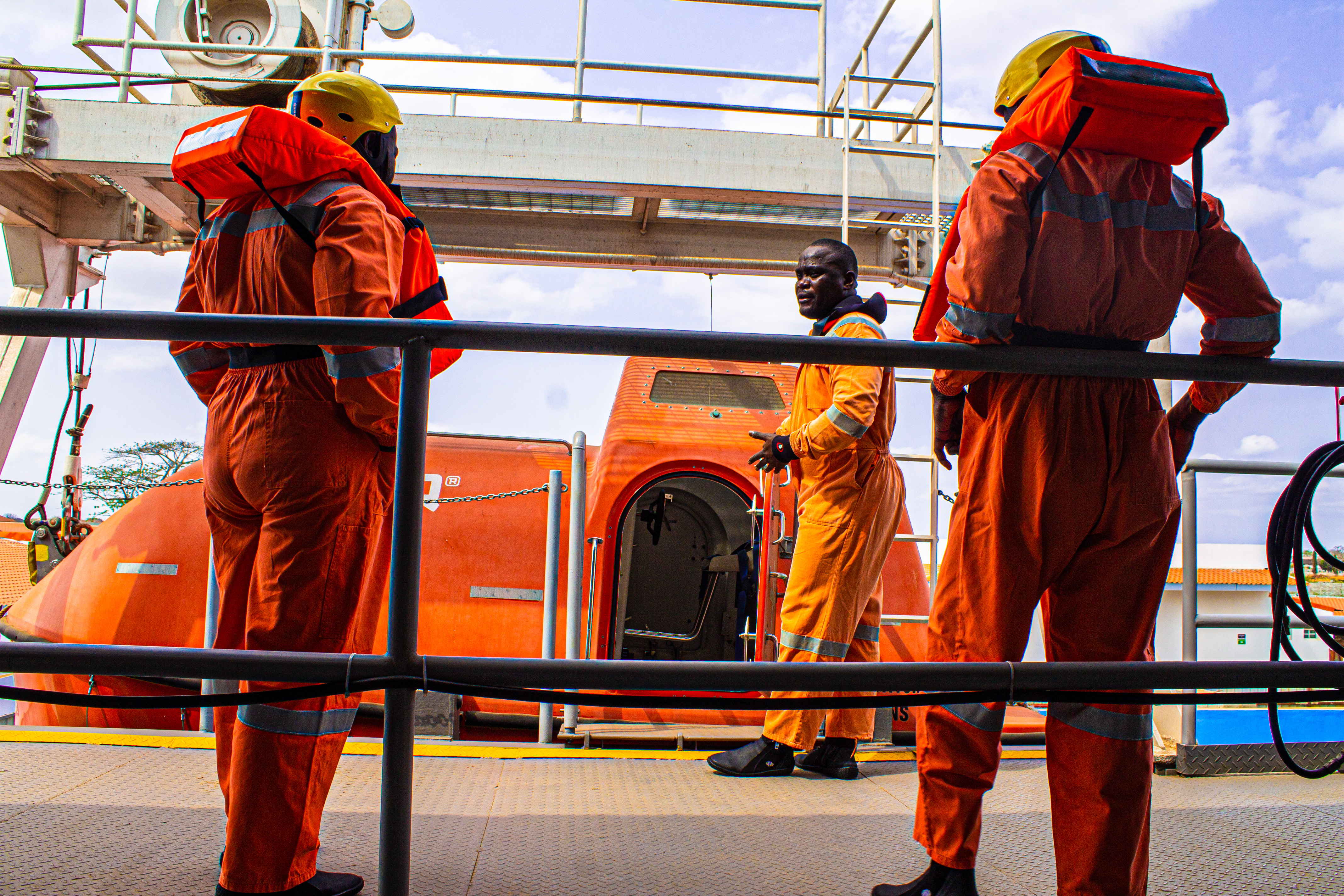
PST / WST – PERSONAL SURVIVAL TECHNIQUES / WATER SURVIVAL TRAINING
Duration: 1 Days
This course forms part of the mandatory ‘Basic Safety Training’ course, however can be undertaken on its own. The aim of the course is to provide seafarers the essential know- ledge and training in personal survival techniques, particularly focusing on:
- Understanding the main types of maritime emergencies
- Correct use of survival equipment particularly life-jackets and inflatable life rafts.
- The principles of survival
- Proper use of survival craft
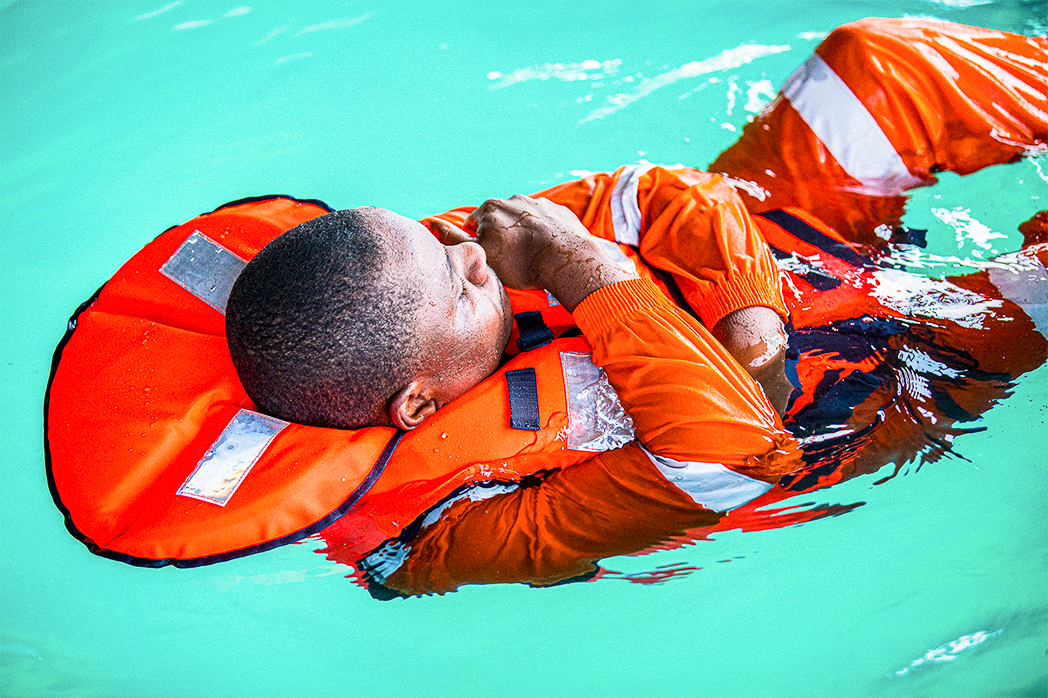
HIGH ANGLE/ ROPE ACCESS TRAINING LEVEL I, II, III (IRATA)
Duration: 5 Days
High angle is the variety of technical rope rescue techniques used to rescue injured or otherwise incapacitated persons on terrain at slopes of 60o or greater. It involves the need to hoist victims from one level to another using ropes, pulleys, harnesses, belay devi- ces and various hauling implements. Our training methods employ a technical form of Industrial Rope Rescue that has been designed to extradite the victim with the best possible ratio of speed and safety.
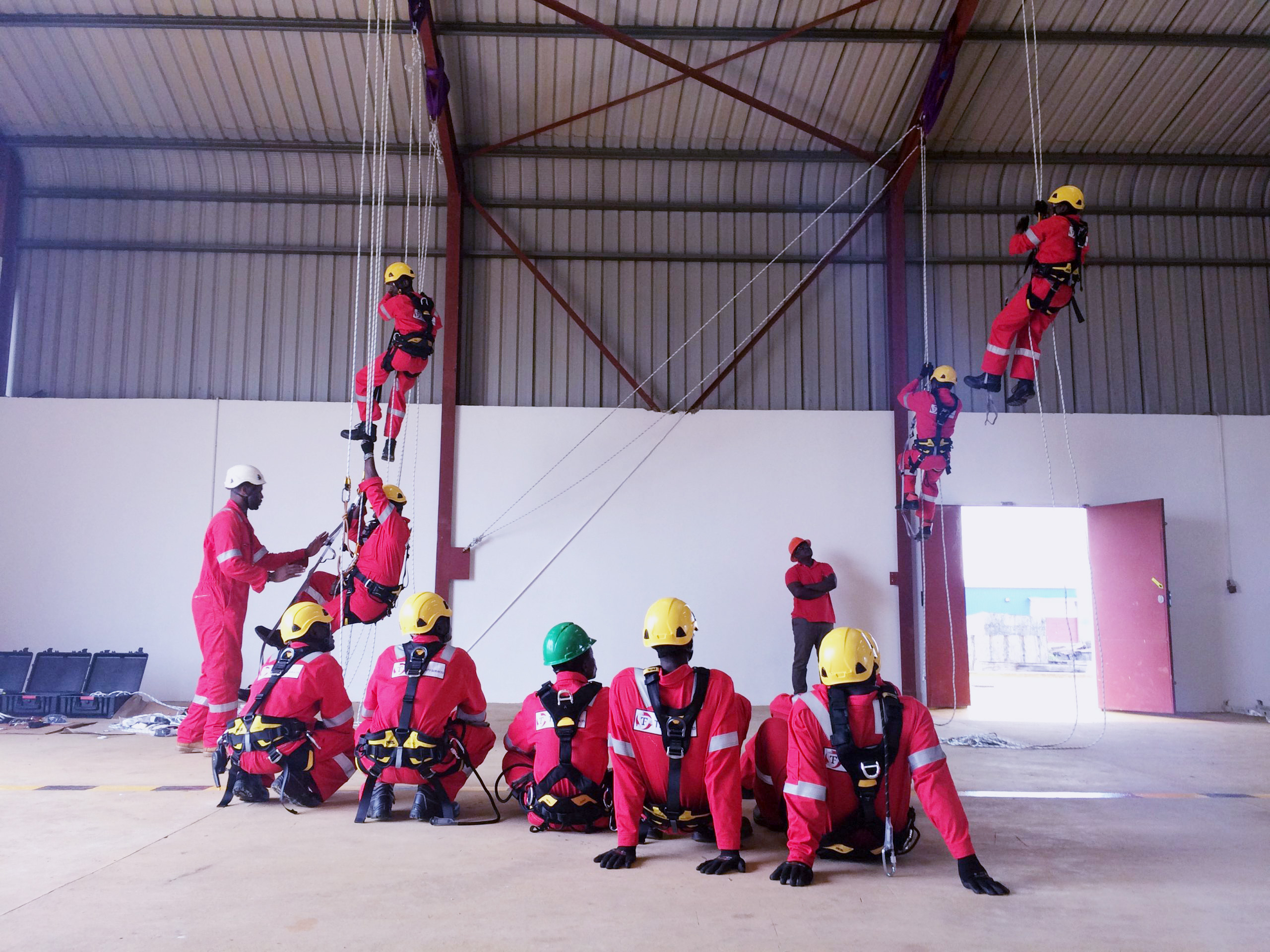
H2S REFRESH (SCBA AND SABA PRACTICAL EXERCISES)
Duration: 1 Days
The aims and objectives of the training are to ensure that the delegate gains the required knowledge and understanding of the specific hazards and properties of H2S, and appropriate emergen- cy response actions to take should a H2S related incident arise
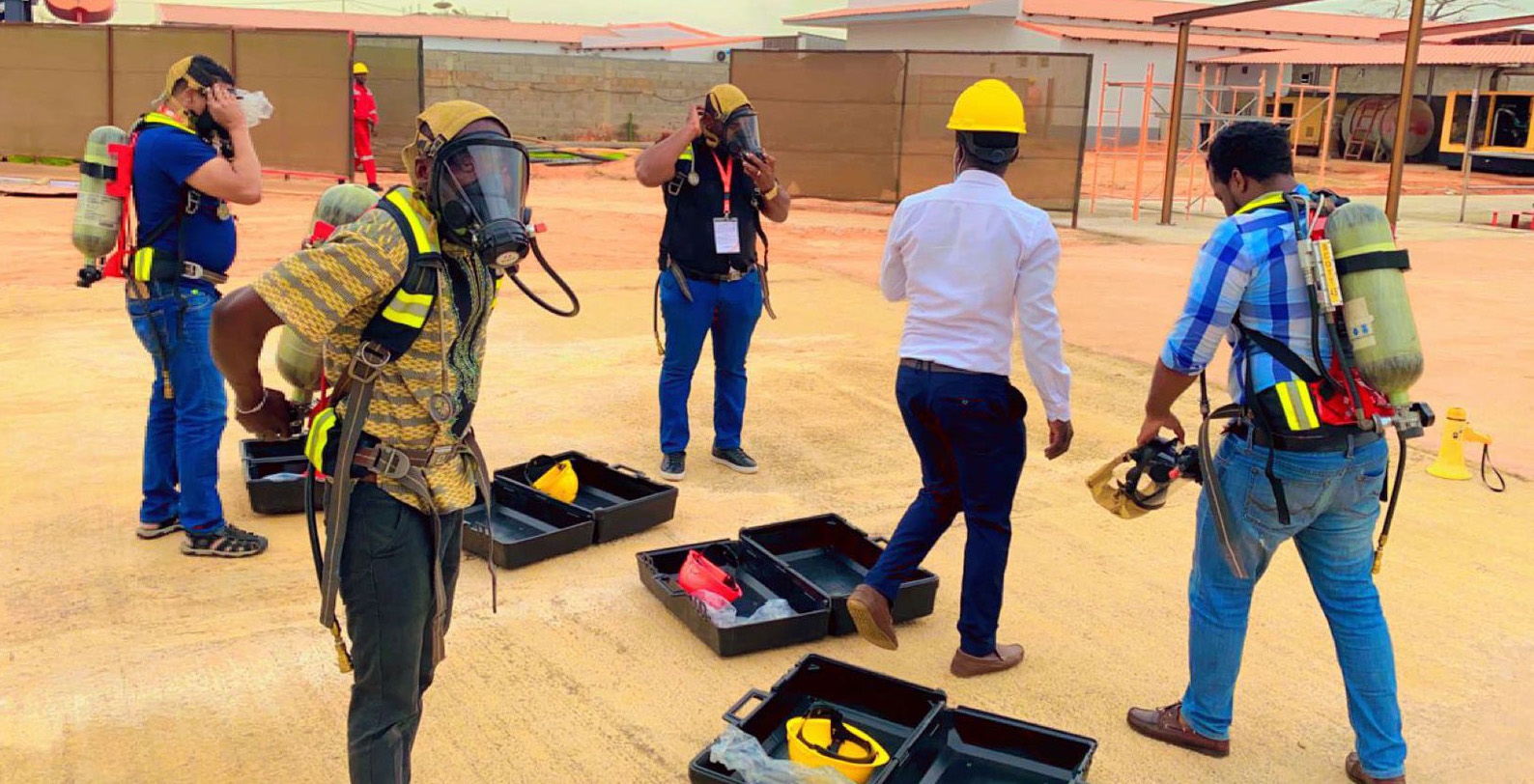
MSW 5 CRITICAL ROLES (LOCALSWPS & INTER- NATIONAL STANDARDS)
Duration: 2 Days
The purpose of the Managing Safe Work (MSW) process is to identify, assess, and mitigate, control or eliminate the risks asso- ciated with work in the course of the organization’s activities, and ensure that the risks to employee/contractor arising from these hazards are assessed, prioritized and controlled to elimina- te hazards or reduce risks to acceptable levels.
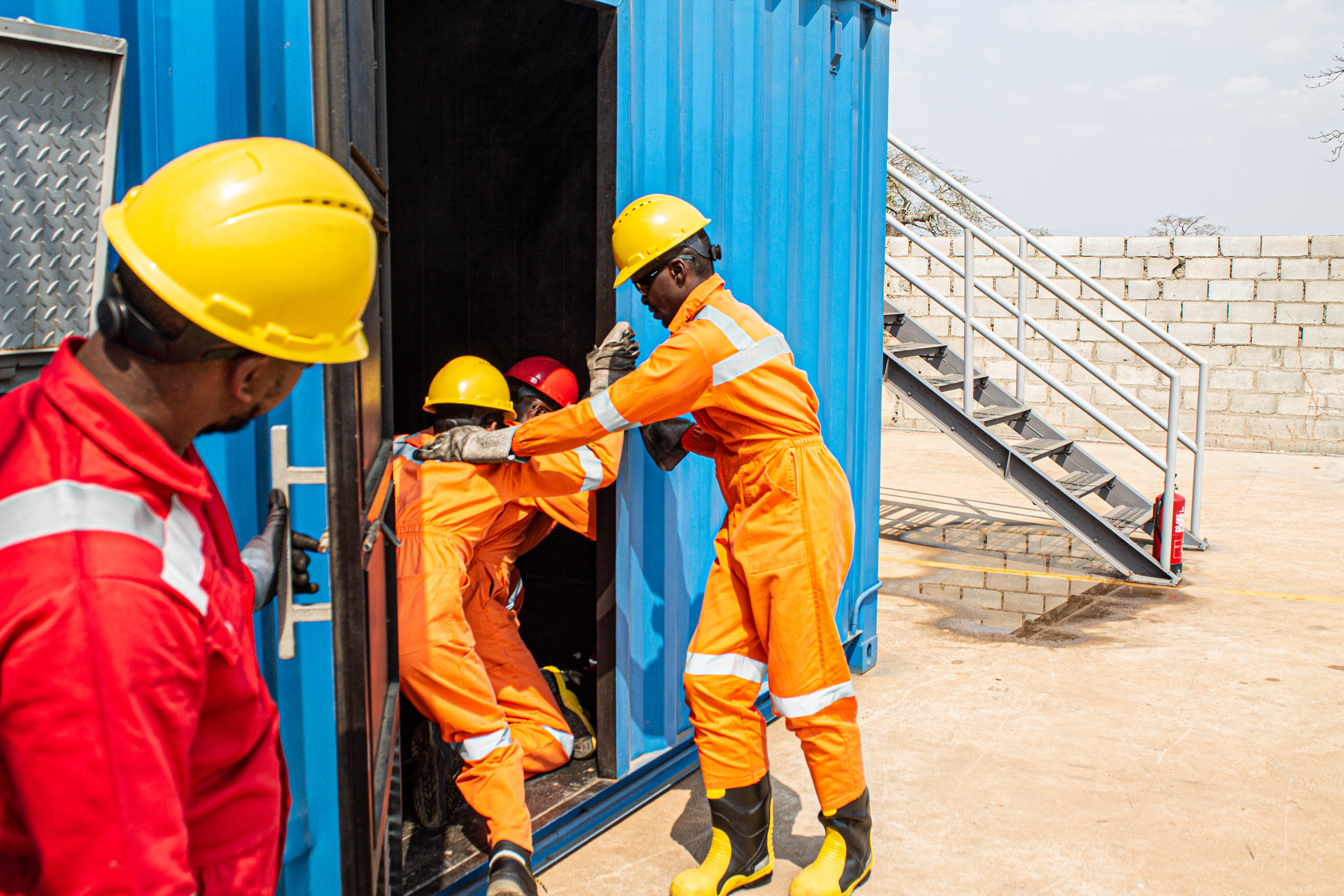
PFSO / ISPS CODE
Duration: 5 Days
Port Facility Security Officer (ISPS) training is aimed at those who may be chosen to perform the associated duties and responsibili- ties of a PFSO. It includes maintaining and updating Port Facility Security Plan arrangements and coordinating with Ship Security Officers, Company Security Officers and Government Administrations.
This training is suitable for port operations staff who have a working experience in a maritime port facility and includes a per- sonal copy of the ISPS Code and an associated Port Facility Secu- rity Officer training guide with sample models

PFSO / ISPS CODE
Duration: 5 Days
Port Facility Security Officer (ISPS) training is aimed at those who may be chosen to perform the associated duties and responsibili- ties of a PFSO. It includes maintaining and updating Port Facility Security Plan arrangements and coordinating with Ship Security Officers, Company Security Officers and Government Administrations.
